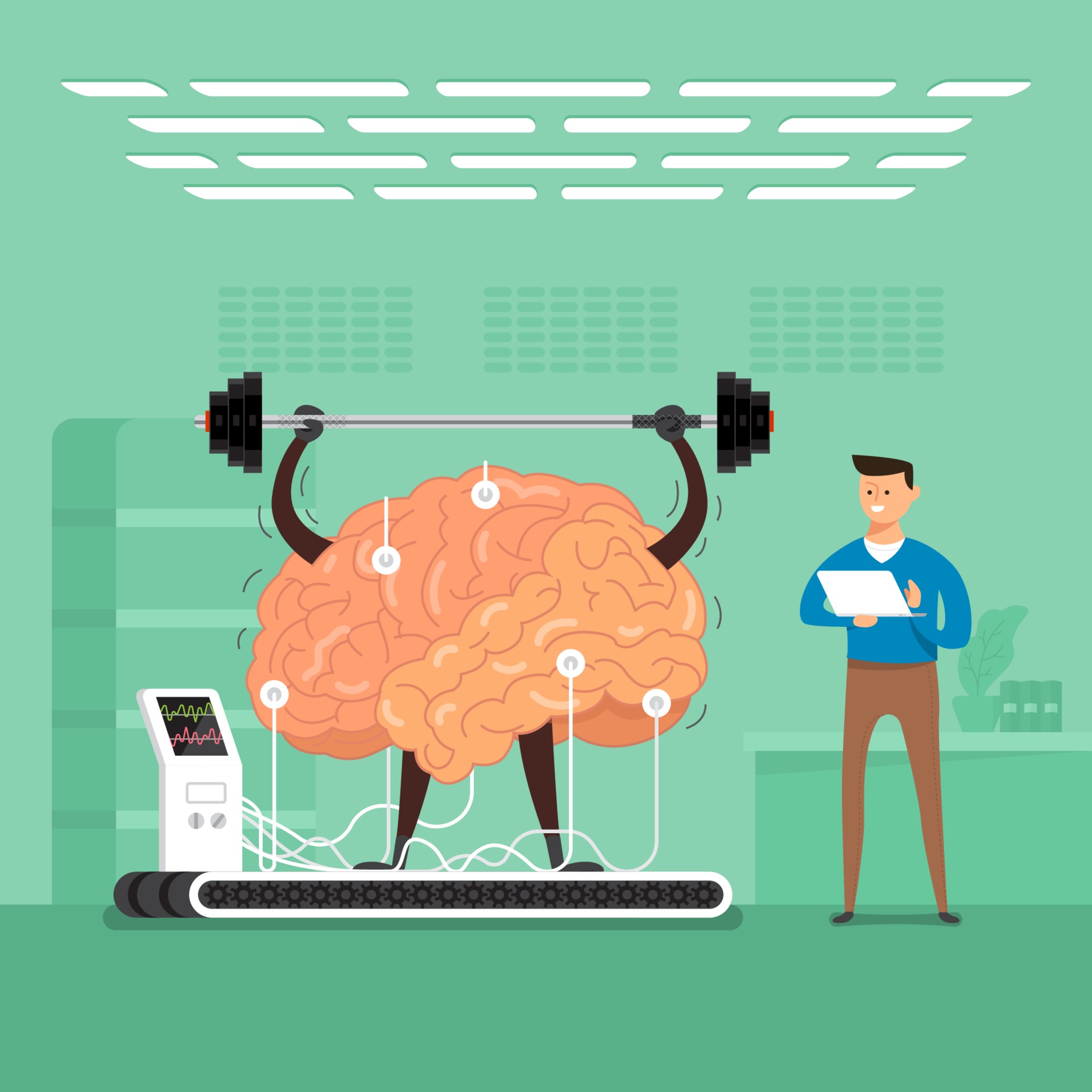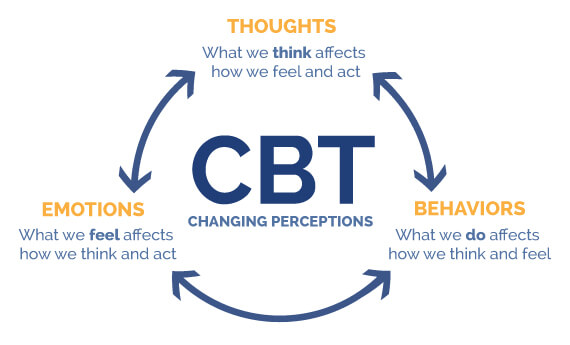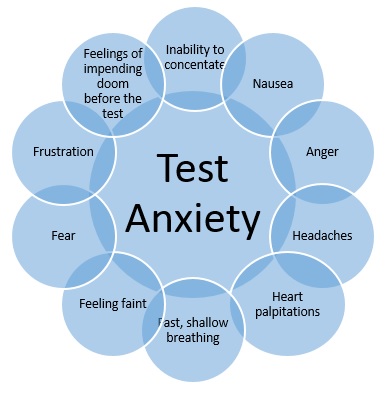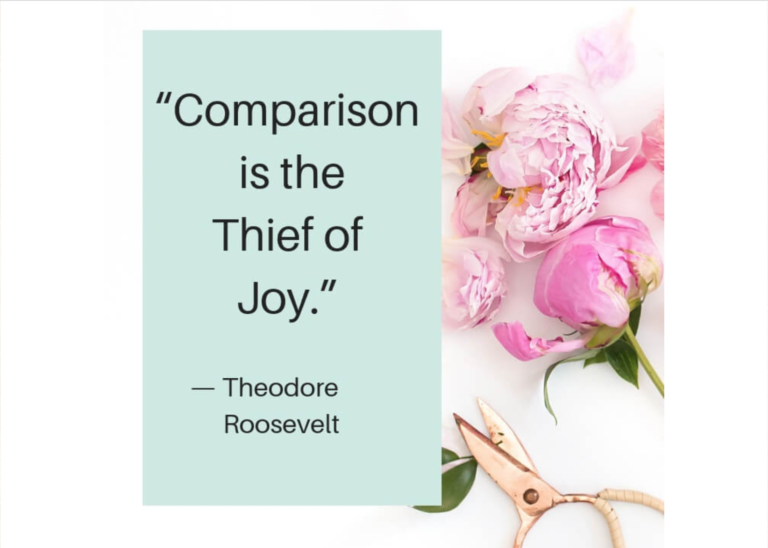Mental strength means a happy life.
Mental strength is important in creating happiness and well-being because it allows people to deal with life’s problems and create pleasant experiences.
Not everyone is born with the same level of mental strength.
Mental strength is influenced by both inherited and environmental factors.
Some people may be born with a natural tendency for perseverance and mental discipline, whereas other people might have experienced life situations that helped in the development of mental toughness.
Yet, regardless of one’s genetic composition or life circumstances, mental power is not a set feature and may be grown and increased with dedication and repetition.
Let’s learn more about below points in depth ( tap / click to jump to the respective topic )
2. Resilience
7. How to measure mental strength ?
8. Conclusion
What is mental strength ?
Thoughts, Emotions, and Positive Actions are three interlinked components of mental strength.
Thoughts: Our mental strength begins with our thoughts. The way we see ourselves, others, and the environment around us has a significant influence on our mental health and resilience. Those that are mentally strong have a positive and hopeful view, focusing on solutions instead of problems and reframing unfavourable situations positively.
Emotions: Mental strength also includes the ability to manage and regulate our emotions, which is especially important in stressful situations. Mentally strong people can handle tough emotions like anger, grief, and frustration and turn them into opportunities for development and learning.
Positive Actions: Mental strength is more than simply thoughts and emotions; it also entails adopting positive activities.
Mentally strong people take appropriate steps to deal with stress, accomplish what they want, and increase resilience. Physical exercise, creating reasonable objectives, practicing mindfulness and self-reflection, and seeking support from friends and loved ones could all be part of this.
Mental strength and happiness are linked in a number of different ways, as described below.
Resilience
Resilience ( the capacity to withstand or to recover quickly from difficulties; toughness ), a key component of mental strength.
It is defined as the ability to recover from adversity and maintain a positive attitude in the face of obstacles and hardships.
Resilience ( Self Awareness, Mindfulness, Self Care, Positive Relationships and Purpose are the pillers ) is an important aspect in promoting overall happiness and well-being.
Below are the detailed explanations to prove above theory
Overcoming Adversity:
Resilience enables people to deal with and overcome adversity in their lives. Resilient individuals are more suited to manage challenging events and emerge stronger by having a positive outlook and focusing on solutions.
Managing Stress:
Resilience is also important in stress reduction. Resilient people are less prone to have negative stress consequences such as anxiety, depression, and fatigue if they handle stress efficiently.
Better Mental Health:
Resilience is linked to better mental health because resilient people are less likely to suffer from mental health issues like anxiety and depression.
Better Relationships:
Resilience also leads to stronger relationships because resilient people are better prepared to deal with conflict and communicate effectively, resulting in stronger and more meaningful relationships.
Increased Happiness:
In the end, resilience leads to more happiness and well-being. Resilient people are more suited to enjoy joy, satisfaction, and a feeling of purpose in life because they can deal with adversity efficiently and have a positive view.
Resilience is an important component of mental strength because it allows people to recover from adversity and keep a positive view, which leads to enhanced happiness and general well-being.
Individuals can better handle life’s difficulties and experience greater pleasure and satisfaction by building resilience.
Stress Management
Stress ( anxiety, worry, fear ) is an unavoidable aspect of life, but it can prove damaging to our physical and mental health if not controlled properly.
Those that are mentally strong are better equipped to handle stress and have more efficient coping techniques, resulting in reduced levels of stress and more enjoyment. This is why:
Improved Coping Strategies:
Those who are mentally strong have developed efficient coping methods that allow them to deal with stress in a healthy and constructive way. Techniques like engaging in physical activity ( yoga, group sports, swimming etc ), practising daily mindfulness and self-reflection, or seeking assistance from family, friends and loved ones can all help.
Reduced Stress Levels:
Mentally strong persons experience reduced levels of stress through efficiently managing stress, lowering the chance of negative stress consequences such as anxiety, sadness, and burnout.
Improves overall Physical Health or wellbeing :
Lowering stress levels can also contribute to better physical health. As stress has been related to a variety of physical health issues, including cardiovascular disease, headaches, and digestive issues, managing or lowering definitely helps person to live healthy life.
Increased Long Lasting Happiness :
People who are mentally strong are better able to deal with stress, which results in increased happiness and well-being.
Individuals can achieve better peace of mind and control over their life by efficiently managing stress.
Improved Relationships:
Good stress management also helps to stronger relationships, because psychologically robust persons are better prepared to handle disagreements and communicate effectively, resulting in stronger and more meaningful relationships.
Stress management is an important component of mental strength as it allows person to deal with stress in a healthy and productive way, whose direct outcome is decreased levels of stress and more happiness.
Individuals may better handle life’s obstacles and experience higher well-being and happiness by developing effective stress management skills.
Positive Thinking
Positive thinking has grown in popularity in recent years as more people see the benefits of concentrating on the good elements of life. Positive thinking, on the other hand, is a strong tool that may help people grow mental strength, reinterpret unpleasant events, and nurture gratitude, all of which can contribute to enhanced pleasure.
The capacity to reinterpret negative situations is one of the most fundamental components of mental strength. This is seeing a terrible circumstance from a different angle, seeking for the silver lining, and concentrating on the lessons that may be learnt. We may transform bad events into chances for growth and personal development by reframing them.
Gratitude is another essential part of mental strength. Gratitude is the discipline of concentrating on the positive aspects of life and expressing gratitude for them. We become more conscious of the positive parts of our life when we practise thankfulness, which may help us feel happier and more satisfied.
Some successful ways for achieving the specified objective include:
Positive self-talk is intentionally replacing negative ideas with positive ones, which can assist us in developing a more positive attitude on life.
Gratitude journaling: Writing down what we’re grateful for each day might help us create a more positive view on life and feel more appreciative for the good things in our lives.
To summarise, positive thinking is a great technique for cultivating mental strength, reinterpret unfavourable events, and nurture appreciation, all of which can contribute to enhanced pleasure. We may become more resilient, better prepared to handle stress and adversity, and ultimately lead happier and more meaningful lives by concentrating on the good elements of life and employing tactics to develop mental strength.
Goal Attainment
Goal setting and completion is a fundamental component of human nature.
Every human being should have dreams & hopes. Pursuing them gives us a feeling of purpose and direction in life.
Nonetheless, the process of goal achievement may be difficult, and many people struggle to stick to their objectives and accomplish their intended results. Here is where mental strength comes into play; it allows people to establish and achieve objectives, which leads to a sense of success and pleasure, and so happiness.
Goal-setting is the first step towards success and happiness. Goals provide us with direction, concentration, and inspiration, as well as a feeling of purpose in life. Setting goals, however, is not enough; we must also have the mental strength to achieve them.
The capability to stay focused on our goals is an important part of mental strength. This includes remaining motivated in the face of obstacles and failures, as well as avoiding distractions that might derail our progress. We are more likely to attain our goals when we remain focused on them, which may provide us with a sense of achievement and joy.
Lastly, mental strength involves a willingness to take chances and leave our comfort zones. Reaching our goals frequently means taking chances, trying new things, and pushing ourselves beyond our imagined boundaries. We may broaden our views, grow as individuals, and eventually attain more success and happiness by developing the mental strength to take these risks.
There are several strategies for developing mental strength, and different strategies work for different people. Among the effective tactics are:
Visualizing success is seeing ourselves obtaining our desired results, which can assist us in remaining motivated and focused.
Positive self-talk is consciously replacing negative ideas with positive ones, which can assist us in cultivating a more optimistic attitude on our objectives and our capacity to achieve them.
Breaking goals down into smaller steps: When we observe progress towards our intended results, we can stay focused and motivated.
Celebrating tiny victories: Celebrating small victories along the road can help us keep motivated and on track towards our greater goals.
Strong Relationships
Humans are social creatures, and relationships are essential in our lives.
Positive relationships provide us with Love, support, and a sense of belonging. These factors add to our general happiness and well-being.
Building and keeping solid relationships, on the other hand, may be difficult, and many people struggle to create and maintain meaningful connections. This is where mental strength comes in; it allows people to create and maintain strong connections, which is an important aspect in general happiness and well-being.
Emotional intelligence is an important part of mental power. Emotional intelligence is the capacity to properly regulate one’s emotions, which is essential in developing and sustaining meaningful relationships.
We are best prepared to communicate and listen to others, as well as respond properly to their needs and concerns, when we are emotionally stable.
Empathy (understanding others, fellow feelings for others, sympathy with others ) is another crucial part of mental strength.
Empathy is the ability to understand and share the emotions of others, which is necessary for the creation and ongoing upkeep of meaningful relationships.
We are more able to connect with others on a deeper level, create trust, and form strong connections when we are empathetic.
Lastly, mental strength includes the capacity to create limits and successfully communicate. Establishing boundaries is vital in every relationship since it helps to guarantee that our needs are satisfied and that we are not exploited. Good communication is also important since it allows us to convey our demands and concerns in a straightforward and respectful manner.
There are several methods for developing mental strength and build strong relationships, and different strategies work for different people.
Among the effective tactics are:
Practicing self-care: It is critical to take care of ourselves physically, psychologically, and emotionally in order to create and sustain great relationships.
We will interact with others more effectively, when we are well rested, well nourished, plus mentally & emotionally balanced.
Paying great attention ( Active listening ) to what others are saying and reacting in a way that demonstrates that we understand and appreciate their point of view.
This can aid in the development of trust and the strengthening of relationships.
Gratitude and respect for others can assist to enhance relationships and promote a sense of connection and belonging.
Effective conflict resolution: Disputes are unavoidable in any relationship, but how we handle them makes all the difference. We may overcome disagreements by employing excellent communication and problem-solving abilities, we can resolve conflicts in a way that strengthens our relationships rather than damaging them.
how to measure mental strength ?
Behavioral Observation: A professional observer may measure an individual’s mental strength by studying how they handle stress, react to hurdles, and retain a positive view in difficult situations.
Performance outcomes, such as academic or professional achievement, can be used to measure mental strength since mentally strong people are better suited to deal with problems and achieve their goals.
It is critical to remember that mental strength is a complicated concept with no single metric that can properly represent it. A full assessment of mental strength frequently requires the use of multiple techniques.
Conclusion
Mental strength plays an essential role in creating happiness and well-being. It allows individuals to cope with life’s problems and create positive experiences ( for themselves, their family, friends and community ).
Mental strength is influenced by inherited and environmental factors, but it can be developed and increased with dedication and repetition. Mental strength involves thoughts, emotions, and positive actions, including resilience, stress management, and positive thinking.
Acquiring mental strength allows people to deal with stress, conquer obstacles, enhance their mental and physical health, forge closer bonds with others, and generally feel happier and more content.




